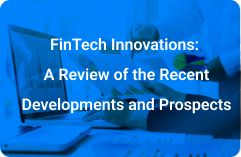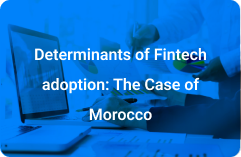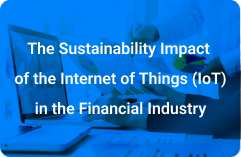The interest in using data mining in finance has grown significantly since the first emergence of data mining techniques. Text documents are important sources of information about companies. However, some of this information is implicit and is carried by variables such as the complexity and the length of the text documents. Miss El Fadl’s research uses text mining techniques on companies’ annual financial reports, in order to retrieve information from the wording complexity and the length of these reports. Her study analyses companies’ annual reports with a focus on the MENA region. The numerous specificities of this region, namely the language used for the reports and the local jargon, among other factors, will require the development of a new text mining program to capture the maximum amount of information from the reports. The relation between these text mining data and other financial corporate variables will then be studied in order to establish a structured link. The study employs proxies of numerous financial corporate factors, namely agency problems, investment growth opportunities, size, capital structure, ownership structure, profitability, and dividends.












 Aljandali, A. and A. Benamraoui (2020)
Aljandali, A. and A. Benamraoui (2020)